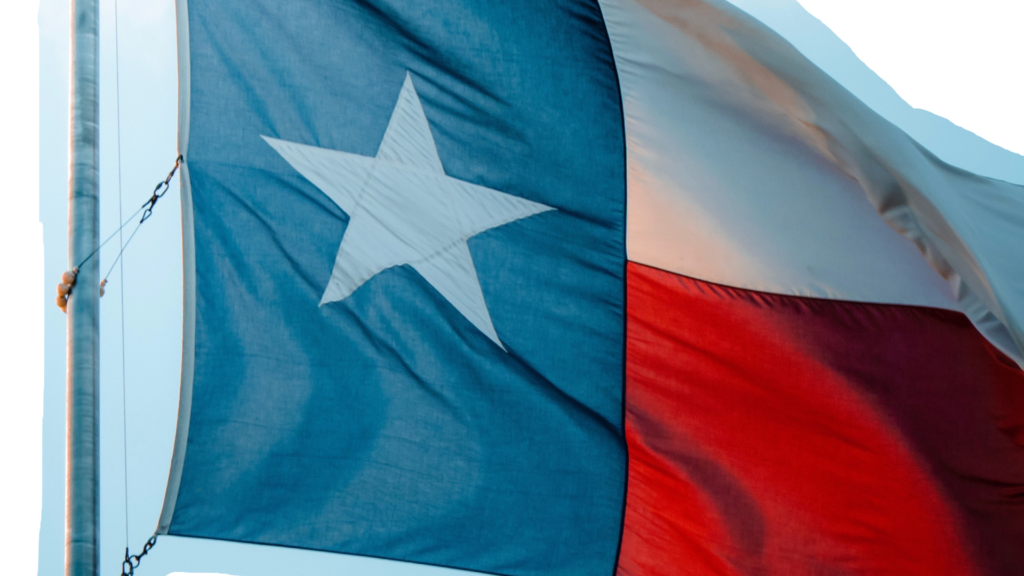What does it mean to be a Texan? The Institute for Diversity and Civic Life is on a mission to answer that question and offer a more holistic narrative for the state.
By Kathryn Stouffer
Tiffany Puett grew up with Texan ties, and after spending many years on the East Coast, was sure what to expect upon her move to the Great State. To her surprise, the demographic makeup of Texas was much more diverse, rich and dynamic than the one-dimensional cowboy stereotype often ascribed to the state.
With a Ph.D. in religious studies and a wealth of experience in the nonprofit sector, Puett says she was immediately “concerned about the larger narrative of Texas throughout the rest of the country,” after her own perception was met with a different reality. Puett asked herself, “What would it look like to use my expertise to create an organization geared towards research and education about getting the public to think about what it means to be a Texan?”
Five years ago, she set out to answer that question and offer a more expansive narrative of the Texan identity, which led to The Institute for Diversity and Civic Life: an organization established “to advance more inclusive public spaces through storytelling, research and education.”
Puett and her team are tirelessly fighting to make inclusivity the new normal. Puett is keenly aware of the recent uptick in diversity and inclusion efforts, but desires for the IDCL’s work to go deeper. “There’s a lot of talk about diversity, but I think we’re still a bit uncertain about who we are trying to include,” she says.
The IDCL’s efforts are holistic in approach, including previously underrepresented populations in both their volunteer core and as contributors to the oral history cases. The goal of each program is to be inherently inclusive from inception to fruition.
The #ThisTexan campaign, initially launched in 2017, was the brainchild of a group of interns from the University of Texas. These young voices championed their energy and campus connections to highlight the myriad cultures, races and religious backgrounds comprising the state population. From in-person events to social-media awareness campaigns, their efforts have planted the seed for a larger, oral history initiative involving local activists.
Puett and the IDCL team are also focusing on more specific topics within the diversity and inclusion space. The Religions Texas program aims to tell the stories of religious subgroups in the state, particularly “focusing on minority religions and religions who have recently received religious discrimination,” according to Puett. With a Muslims Texas series under its belt, and a grant to continue the project, the team is moving into a new series on Sikhism, with a focus on creating more digestible content for their audience—shorter audio clips, and possible integration of visuals. Puett has found that “people are only seen for something bad that happens in connection to their religion, but they aren’t given the chance to tell their own story,” and Religions Texas has created a platform for these stories to be told on their own terms. “It’s an important corrective to this narrative,” Puett adds.
Next, Puett is delving into the relationship between religious communities and social-justice movements. The next question on her docket: “How can and how have religious movements shaped larger change in Texas?” As for what keeps her own momentum going, Puett is encouraged by the energy exuded by the young people in the state, noting a unique dynamism and no-nonsense approach to ensuring a variety of voices are heard. With the IDCL, Puett still hopes to address more accurate representation in the Texas Legislature and anti-racism efforts, among representing other cultural sub-groups.
The IDCL, led by Puet and an all-female board, is growing and open to story submissions from Texans.
“When you look at history, you usually hear about the more dominant group, those who won. You don’t often hear about people that were working for change,” notes Puett. We all have a part in ensuring these stories are highlighted, and forever ingrained in the historical record.



